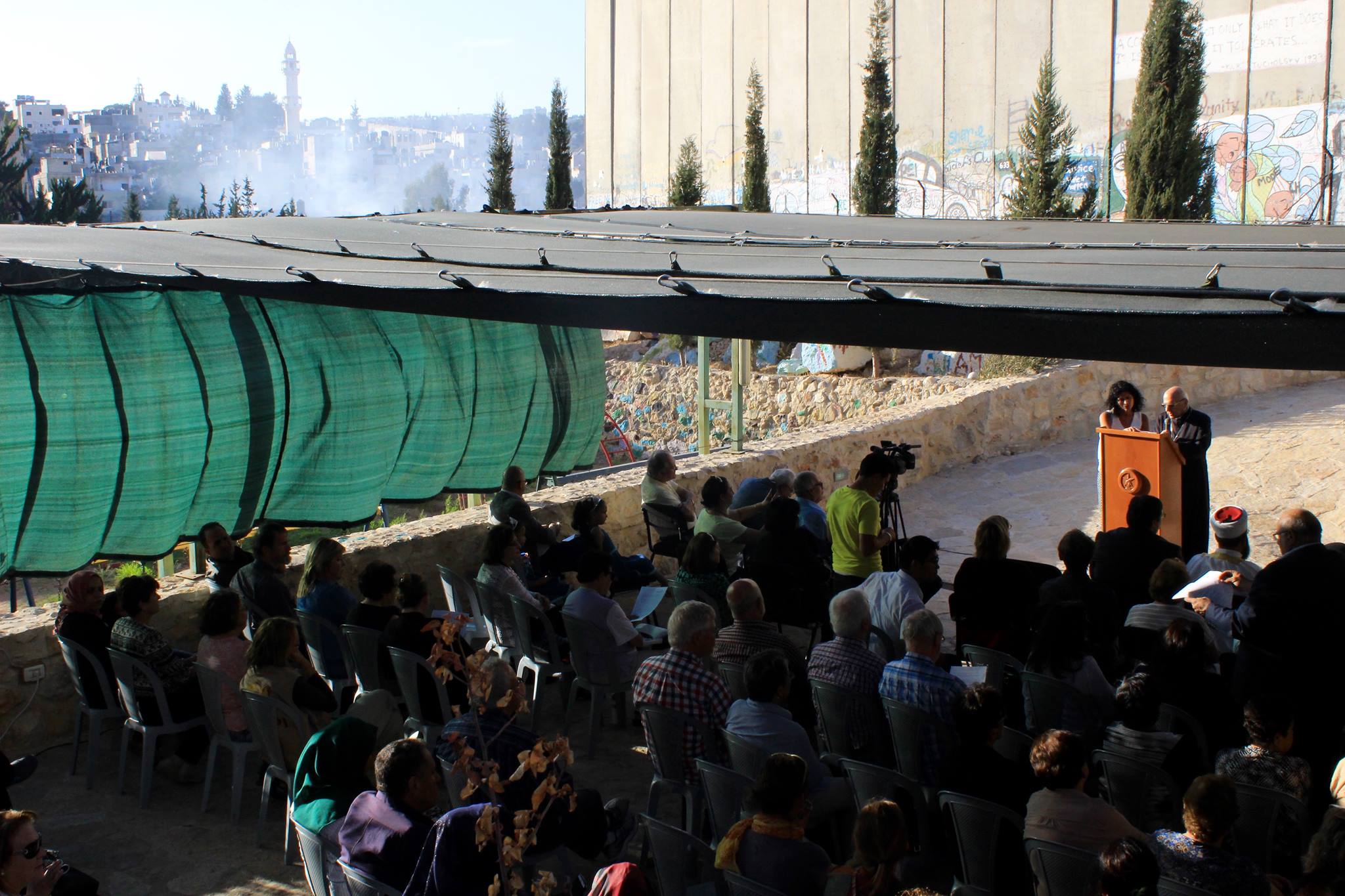Tag: Ethnic Cleansing
-
Remembering Muhammad al-Durrah and the stolen dreams of Palestine
29th September 2016 | International Solidarity Movement, al-Khalil team | Gaza, occupied Palestine Mere days ago, on the 22nd of September, the city of occupied al-Khalil (Hebron) remembered and mourned the murder of 18 year old Hadeel al-Hashlamoun, another Palestinian youth executed in cold blood by Israeli forces outside the Shuhada Street checkpoint one year…
-
Reduced to a number – robbing Palestinians of their humanity
25th September 2016 | International Solidarity Movement, al-Khalil team | Hebron, occupied Palestine Palestinians in the closed military zone in occupied al-Khalil (Hebron) are reduced to a mere number. Imagine ‘loosing’ your identity to a foreign occupying army not only taking your land, but attempting to take your personality, your identity, your whole existence; reducing…
-
World Week of Peace 2016
24th September 2016 | International Solidarity Movement, al-Khalil team | Bethlehem, occupied Palestine Fire. That seemed to be the theme yesterday as we celebrated World Week for Peace in Bethlehem. Fire, when tear gas canisters erupted into flames in the Aida refugee camp, showing the continued violence. Fire, as we lit candles in the shape…


